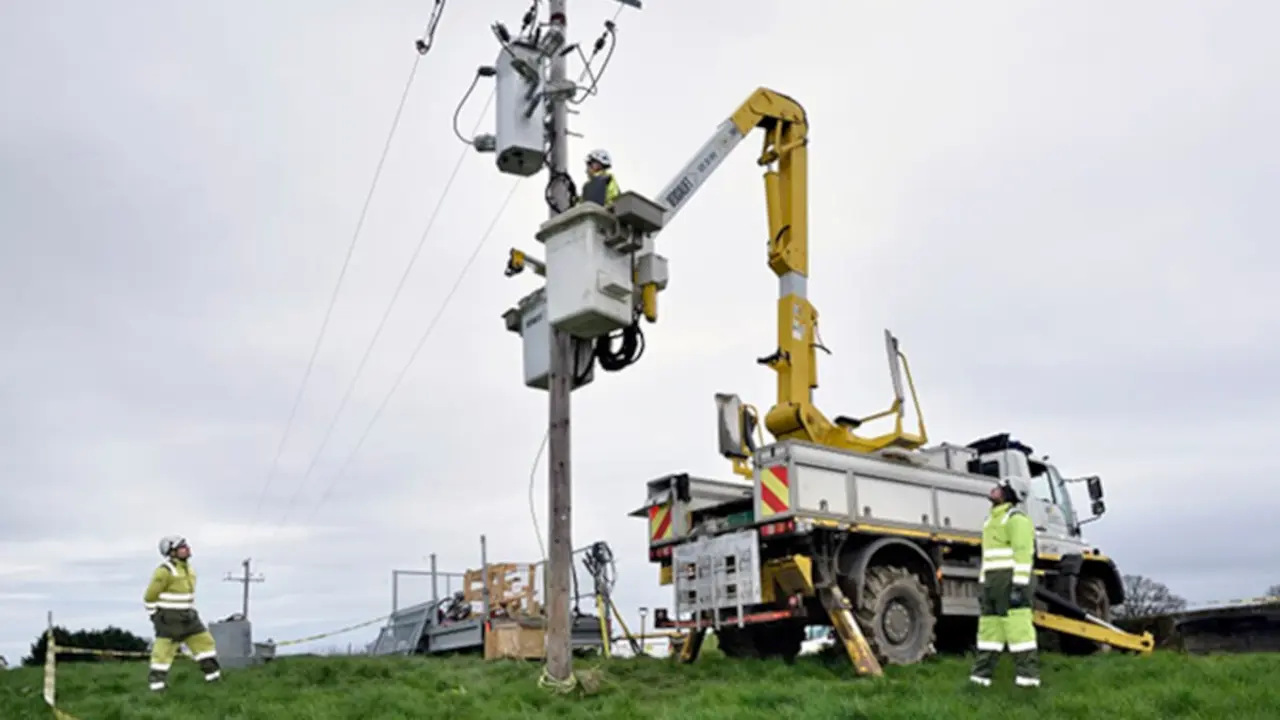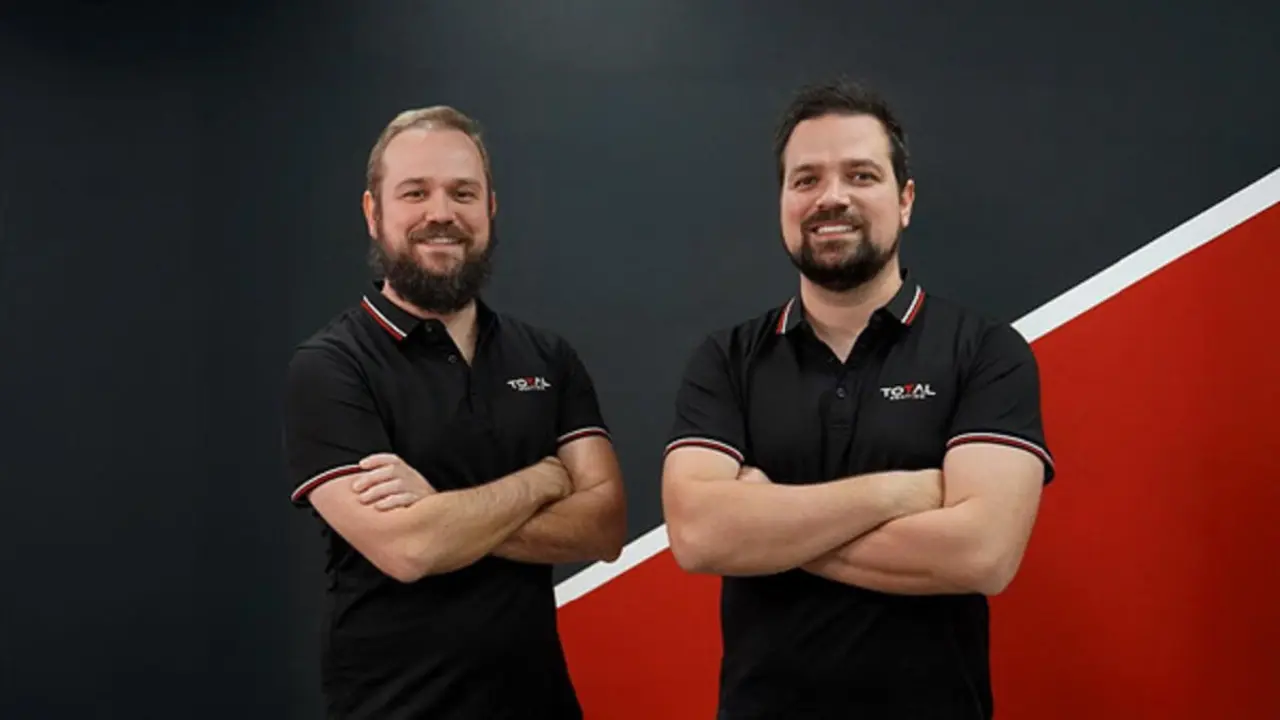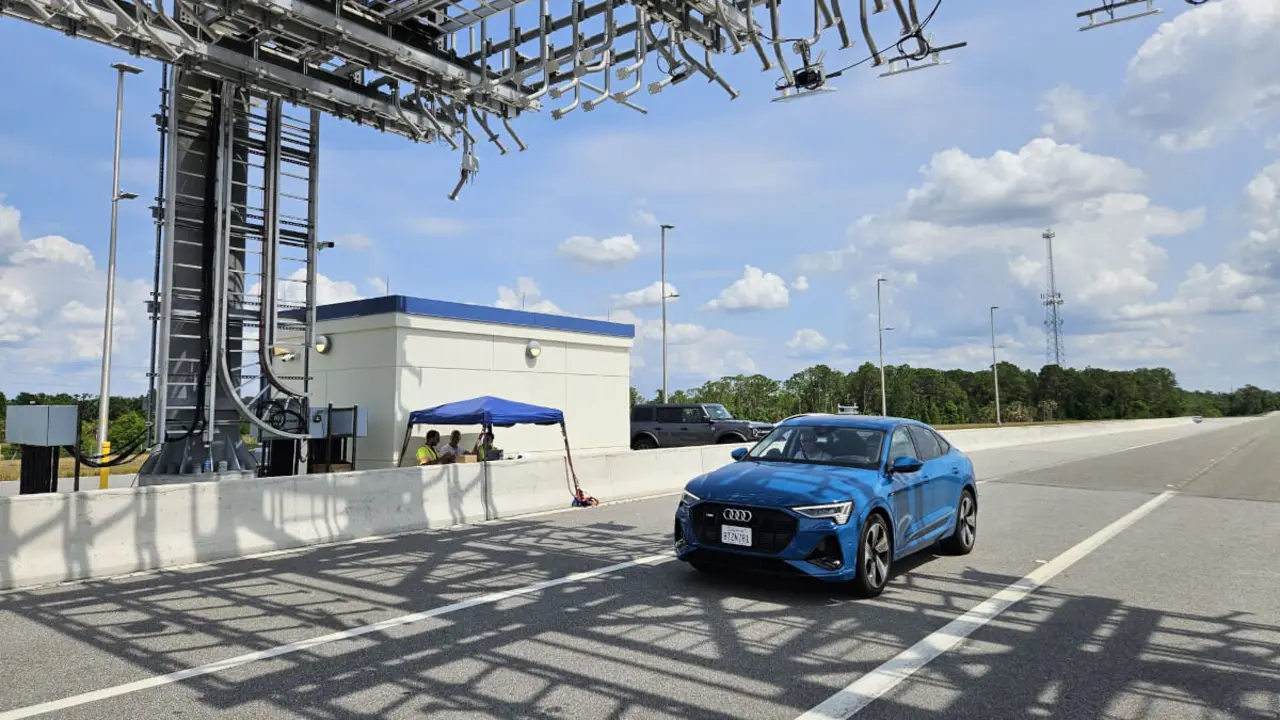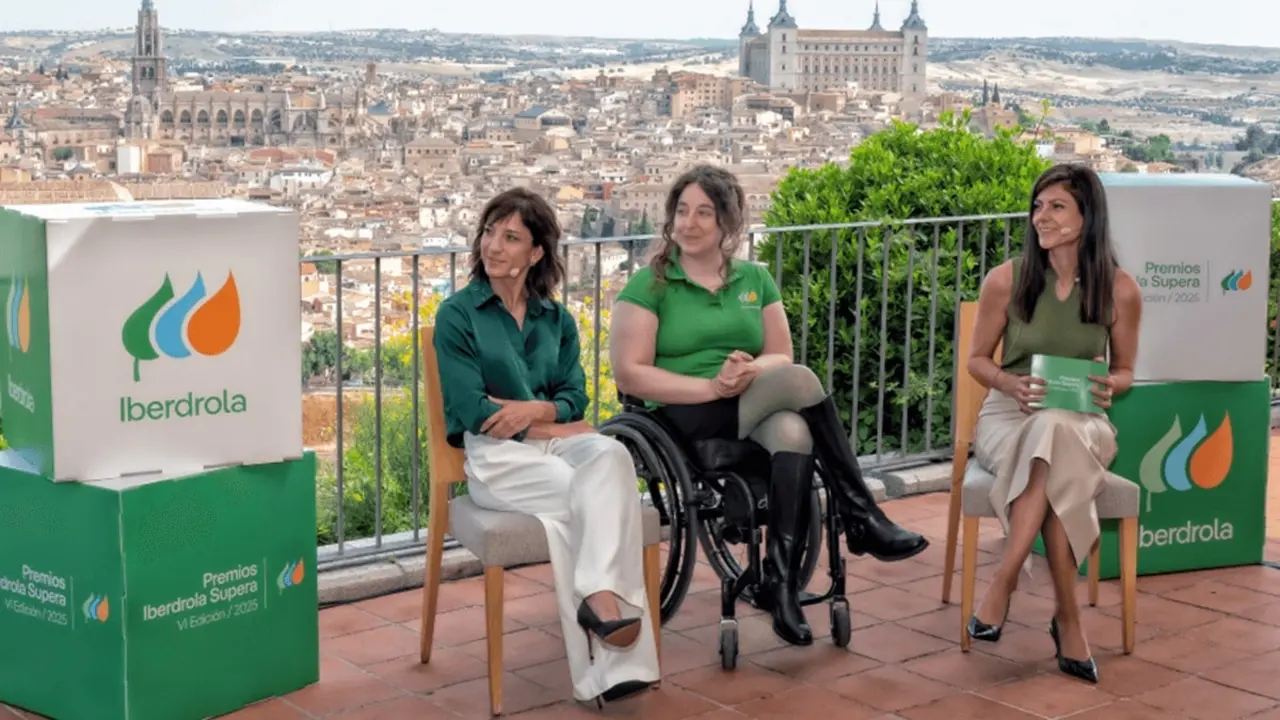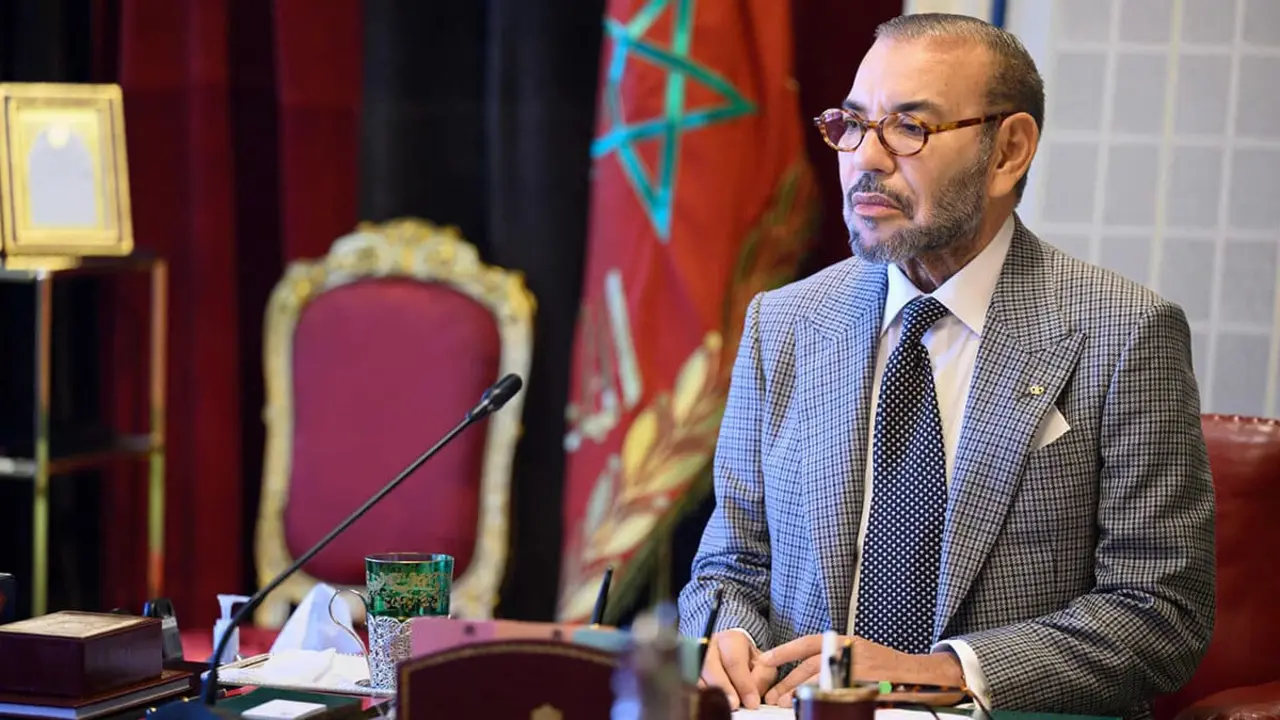European and Spanish legislation on critical raw materials, the subject of debate at a conference organised by Confedem
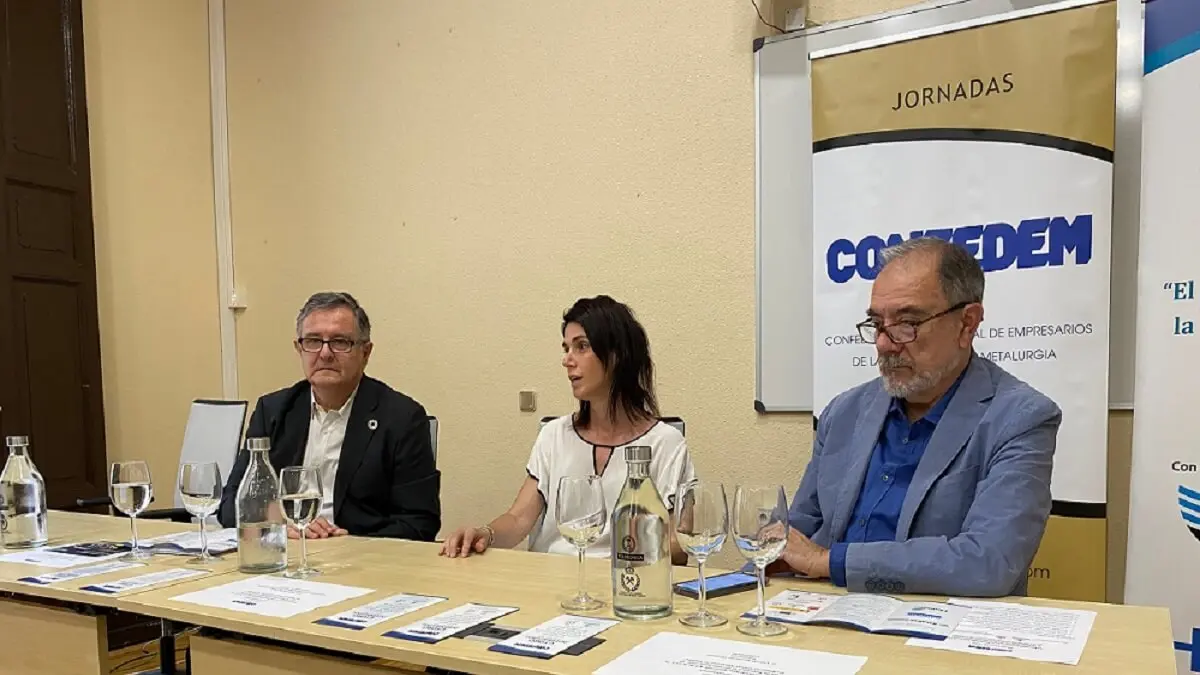
The Escuela Técnica Superior de Ingenieros de Minas y Energía de Madrid was the setting for Confedem's 5th International Forum, entitled "The EU's European Critical Raw Materials Act and the Roadmap for the Sustainable Management of Mineral Raw Materials in Spain".
The conference was opened by Belén Benito, Deputy Director General of Mines and Industrial Safety of the Community of Madrid, who pointed out that the mining sector is largely unknown to the population, who are not aware that in their daily lives they use numerous objects that are made from raw materials extracted from mines. "This lack of knowledge is going to change, the sector is improving, it is necessary to disseminate a new image of the sector and make the public aware that progress towards a green society requires an increase in the extraction of raw materials," she warned.
The deputy director general also defended the position of the Community of Madrid: "In our territory we have raw materials such as clays, aggregates and sepiolite, with more than 70 active exploitations, which for the moment have been forgotten in this new legislation", she claimed.
For his part, Francisco Javier Elorza, director of the School and host of the event, highlighted the importance of the issues addressed by the conference and, from a pedagogical point of view, pointed out that "these issues affect the sector and us as educators; we have to update the curricula so that our graduates have the necessary skills to integrate into this new mining sector".
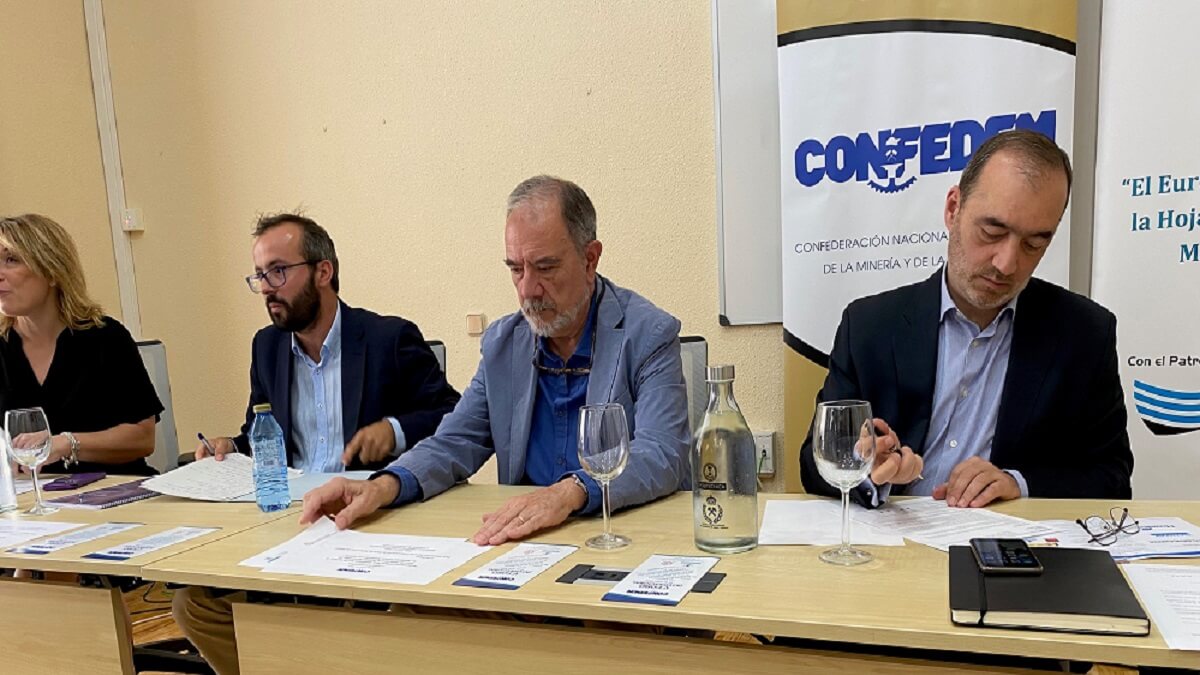
The first round table, moderated by Atalayar, included the participation of Gerardo Herrera, a leading national expert in the Energy Intensive Industries, Raw Materials and Hydrogen Unit of the European Commission's Directorate-General for Internal Market, Industry, Entrepreneurship and SMEs; Victoria Reyes, legal advisor at Sandfire MATSA; and Encarnación Montoya, professor of Administrative Law at the University of Seville.
Herrera, who participated in the drafting of the EU's Critical Raw Materials Law, gave a detailed overview of its content and explained that Europe is hugely dependent on raw materials such as boron, cobalt, magnesium and rare earths from third countries. "The solution is complex: it is not always possible to find third countries to source from; increasing own production is complex; and increasing recycling or substitution is time-consuming," he warned.
The EU's objective is to increase strategic agreements with countries that are rich in raw materials and that implement a raw materials value chain. According to Herrera, "to this end, a political framework and a roadmap are established for companies in the country and in Spain, which will allow them to develop specific projects, mobilising Global Gateway resources".
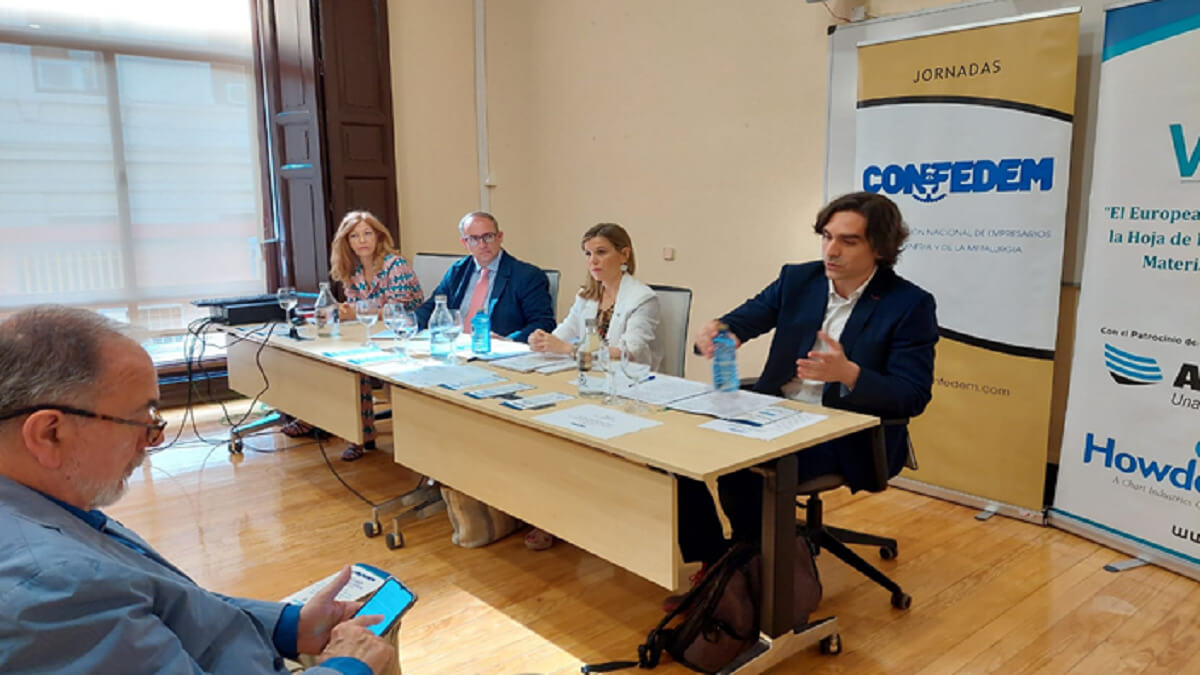
For her part, Victoria Reyes analysed the European project from the legal point of view, and expressed some criticisms, such as the fact that the Regulation contemplates a legal regime of sanctions, which penalises non-compliance, "but does not give more details, so that the states can approach these sanctions in different ways, giving rise to different sanctions for the same non-compliance".
She also highlighted the complications that urban planning poses for the raw material mining industry: "The legal system has to enter into it so that the decision does not depend exclusively on local administrations. For example, in Andalusia a law was passed in 2021 that establishes that mining use is an ordinary use of rustic land".
Encarnación Montoya addressed the issues related to "permitting" and made several constructive criticisms of the European project. In her opinion, since the COVID crisis, the importance of raw materials related to the pharmaceutical and health industry has been noted, which, however, are not included in the European Commission's list, "and this is a challenge that will have to be addressed".
Montoya also highlighted the imbalance between the duties imposed on industry players, compared to those assumed by the European institutions, and analysed the measures adopted to lighten and simplify administrative procedures in the "permitting" phase.
Spanish Roadmap
The second round table, moderated by Laura Ojea, economics and energy journalist for El Español, was attended by Ismael Guarner, Deputy Assistant Director of Mines at the Directorate General for Energy Policy and Mines; Pedro Mora, Technical Director of OFICEMEN; and Vicente Gutiérrez, President of Confedem.
Guarner valued the Roadmap approved in August 2022 by the Spanish government: "It has been 40 years since there has been such a clear discussion on raw materials. This Roadmap contains 46 measures for 2050, with four objectives: efficiency, sustainability, supply and digital transformation".
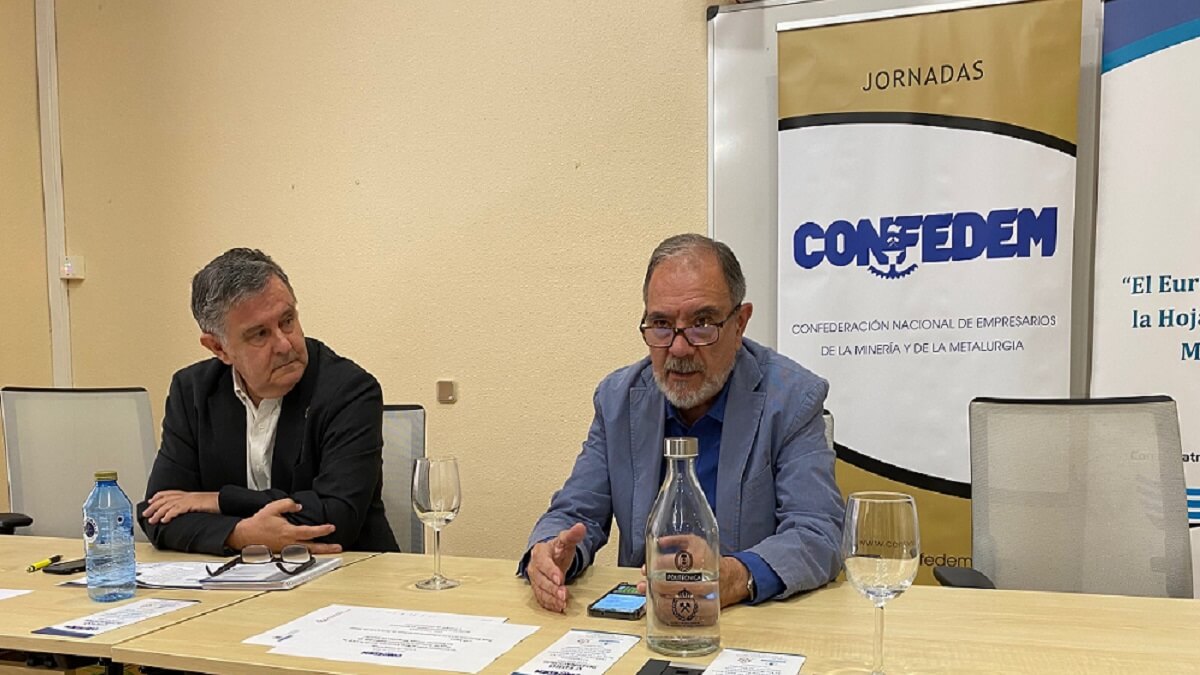
For his part, Vicente Gutiérrez revealed the contacts with various Spanish government officials that led to the drafting of the Roadmap, and praised the speed and sensitivity with which the Ministry for Ecological Transition welcomed the proposal.
Pedro Mora explained that "with the COVID, the EU realises that it is nothing: it has no raw materials, no energy, no technology for the way of life it wants to have, and therefore cannot compete with China, which is the global factory".
Regarding the image of the sector, Mora lamented that "the image that people tend to have of the sector is that of the worst operator in the sector. If 98 companies have performed well and two have broken the rules, that 2% is the one that appears in the media, creating a distorted image".
To tackle this bad image and during the closing ceremony, the president of Confedem, Vicente Gutiérrez, announced the launch of the Fundación Minería y Vida, a project of the extractive industry that pursues educational, social, environmental, scientific and research and innovation purposes.


